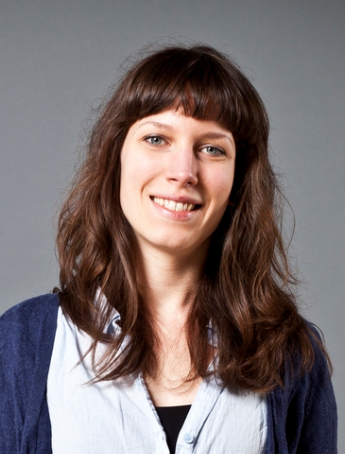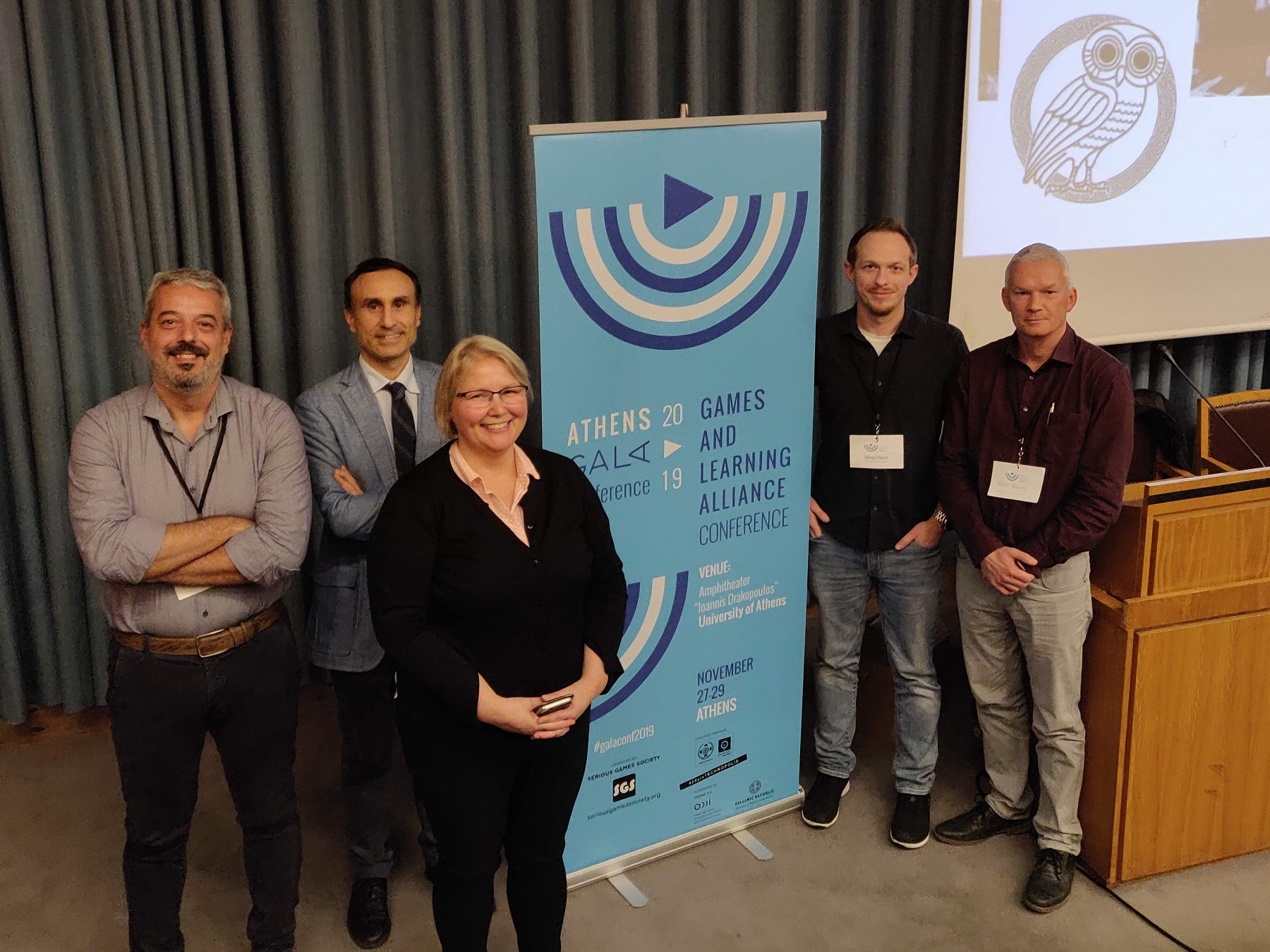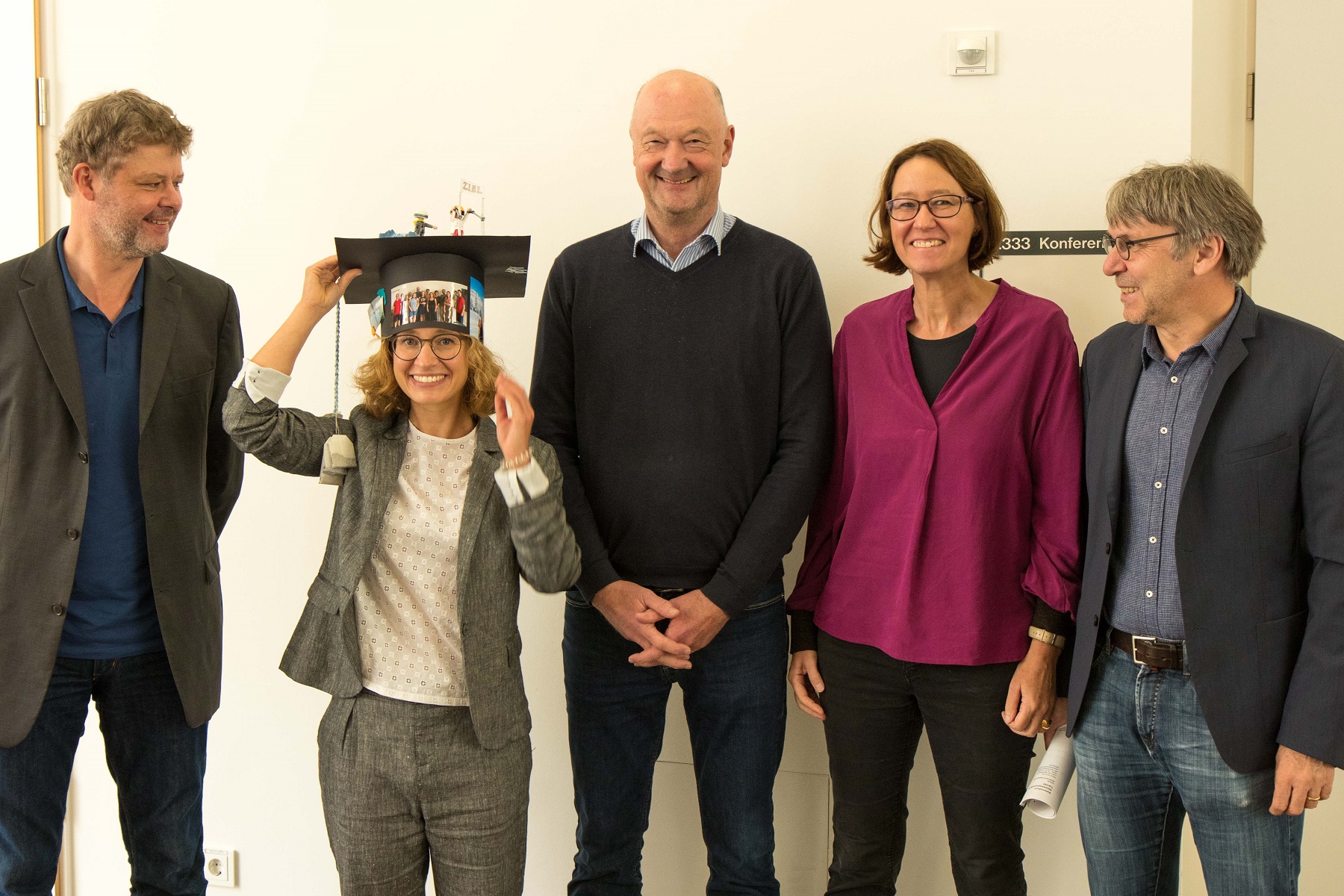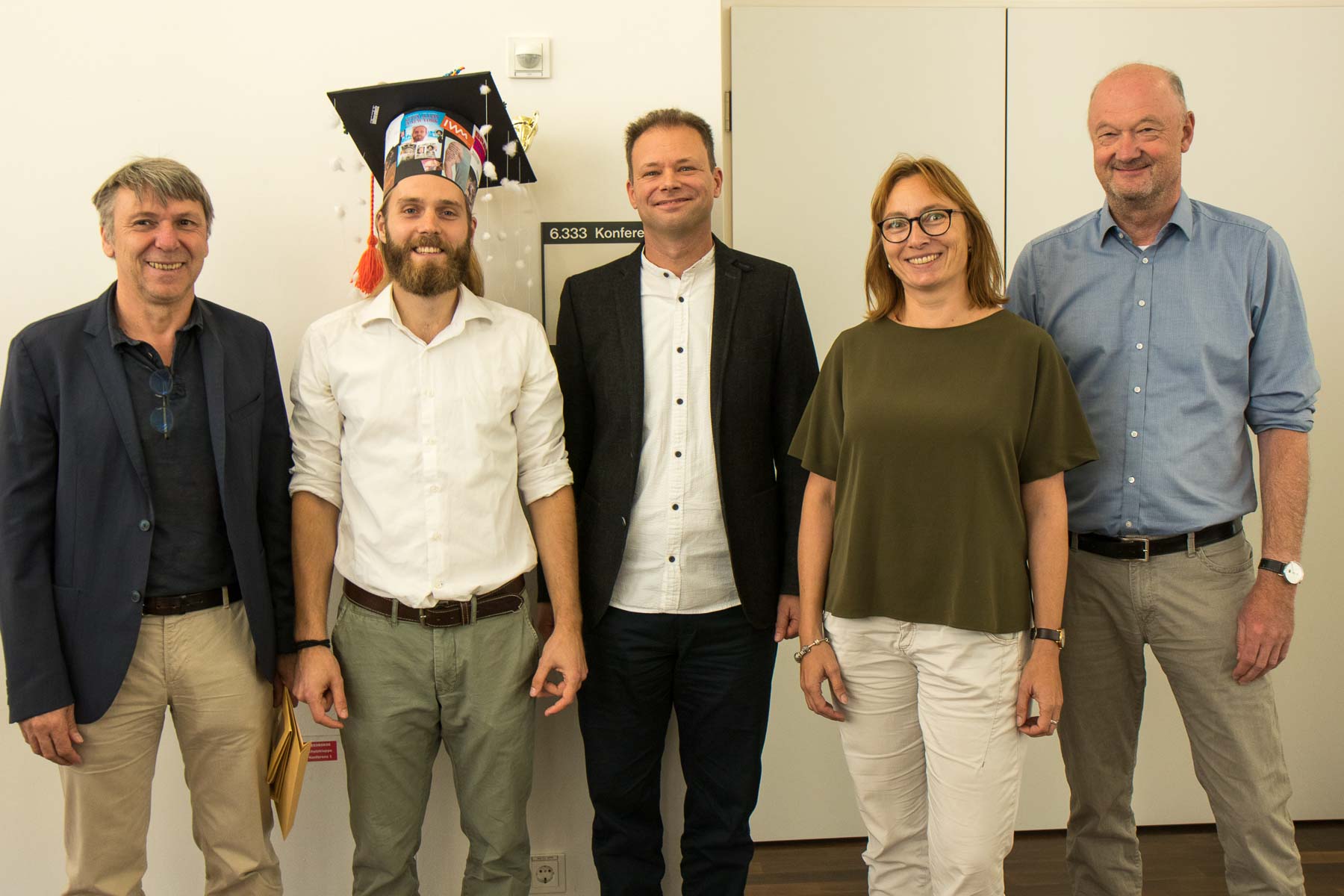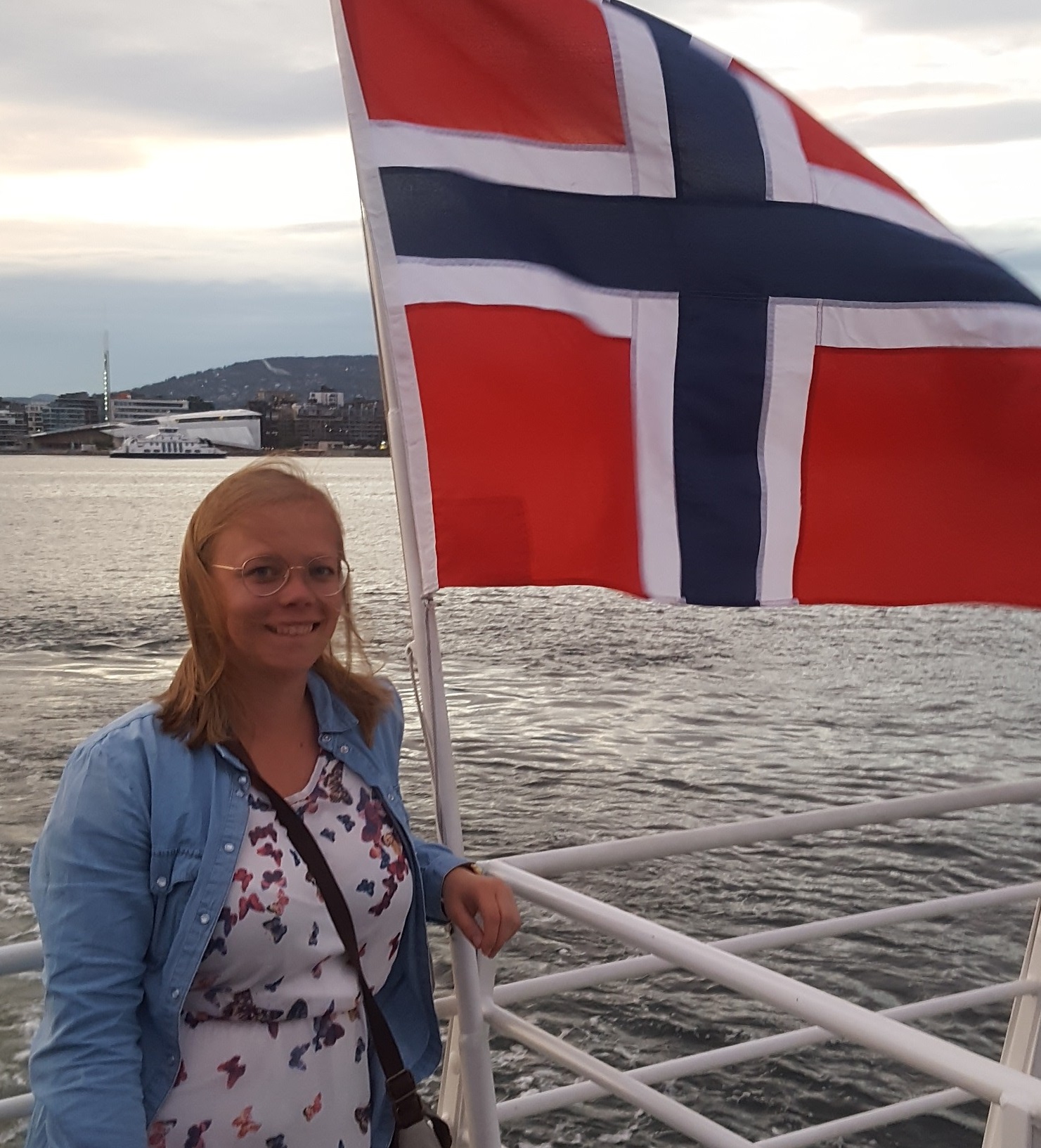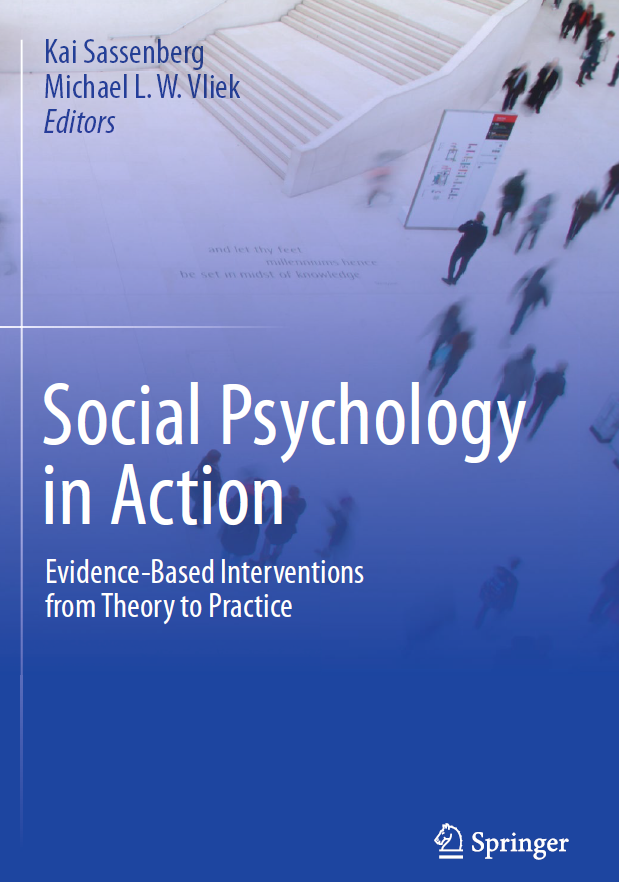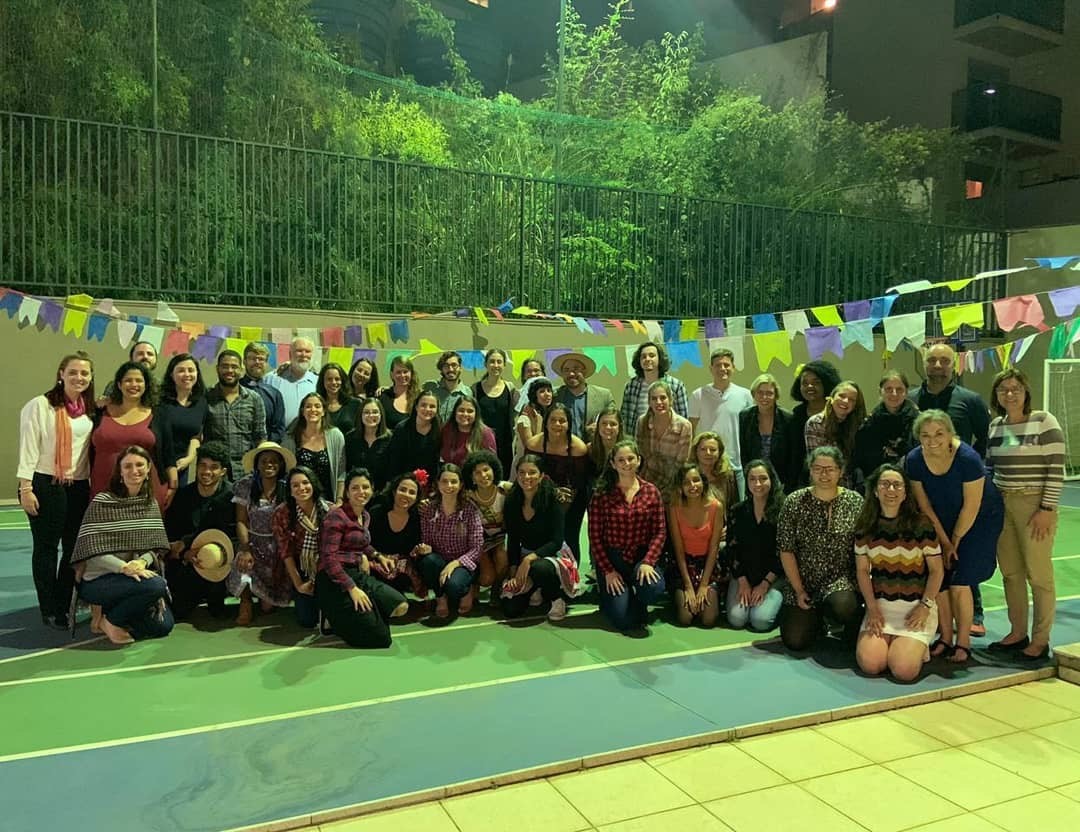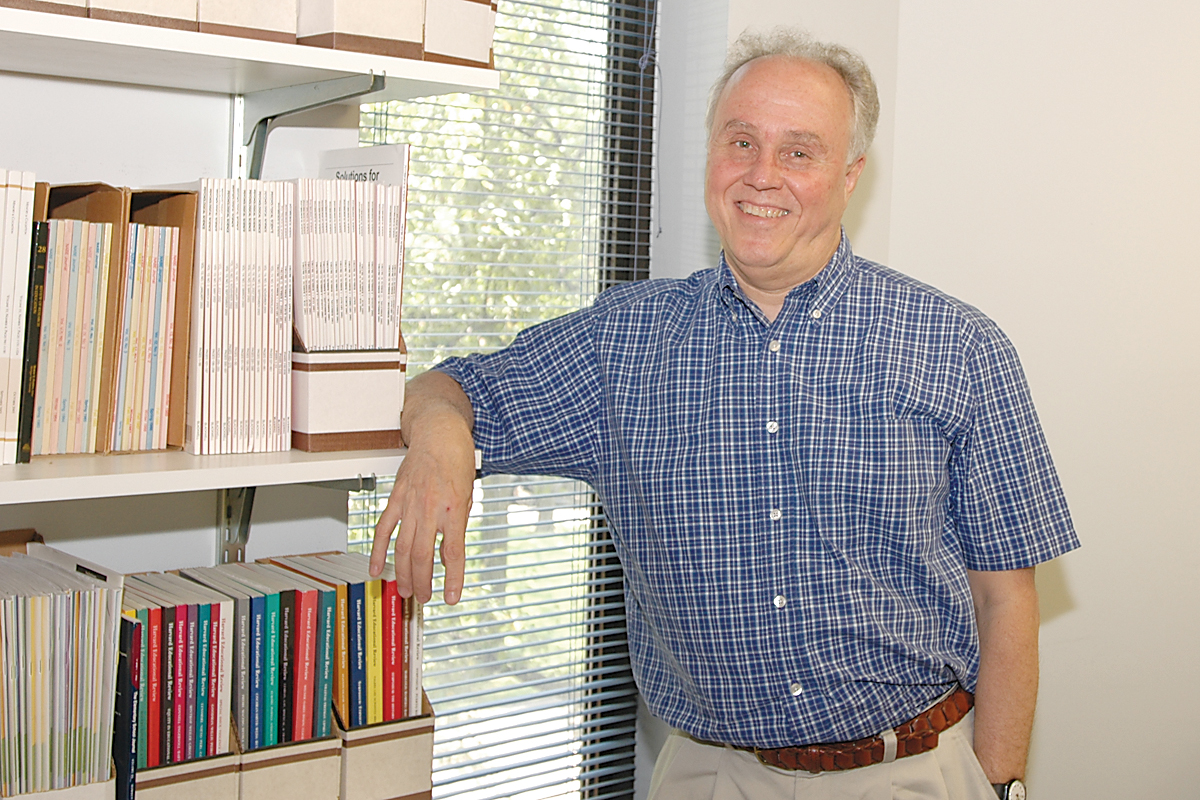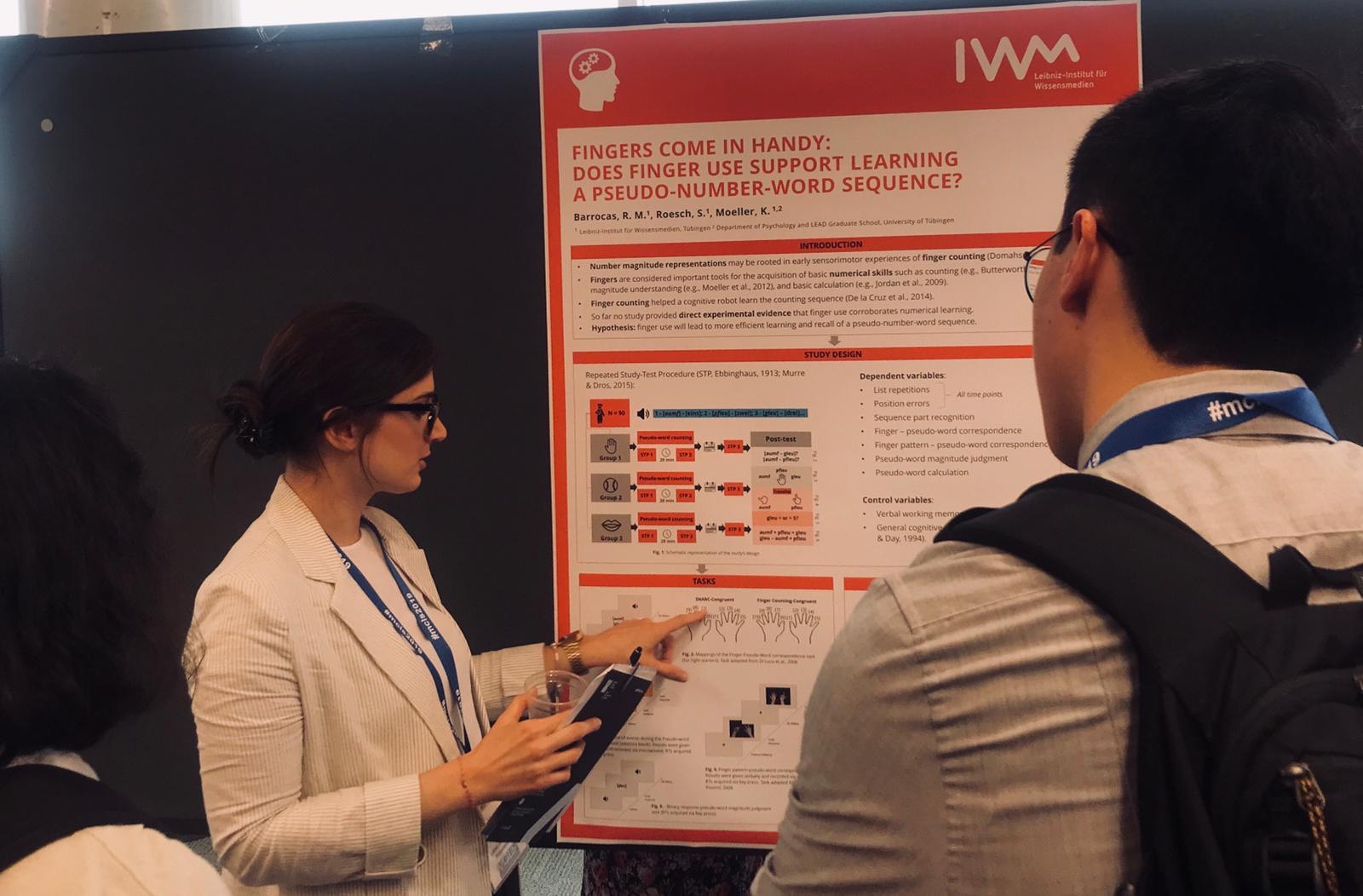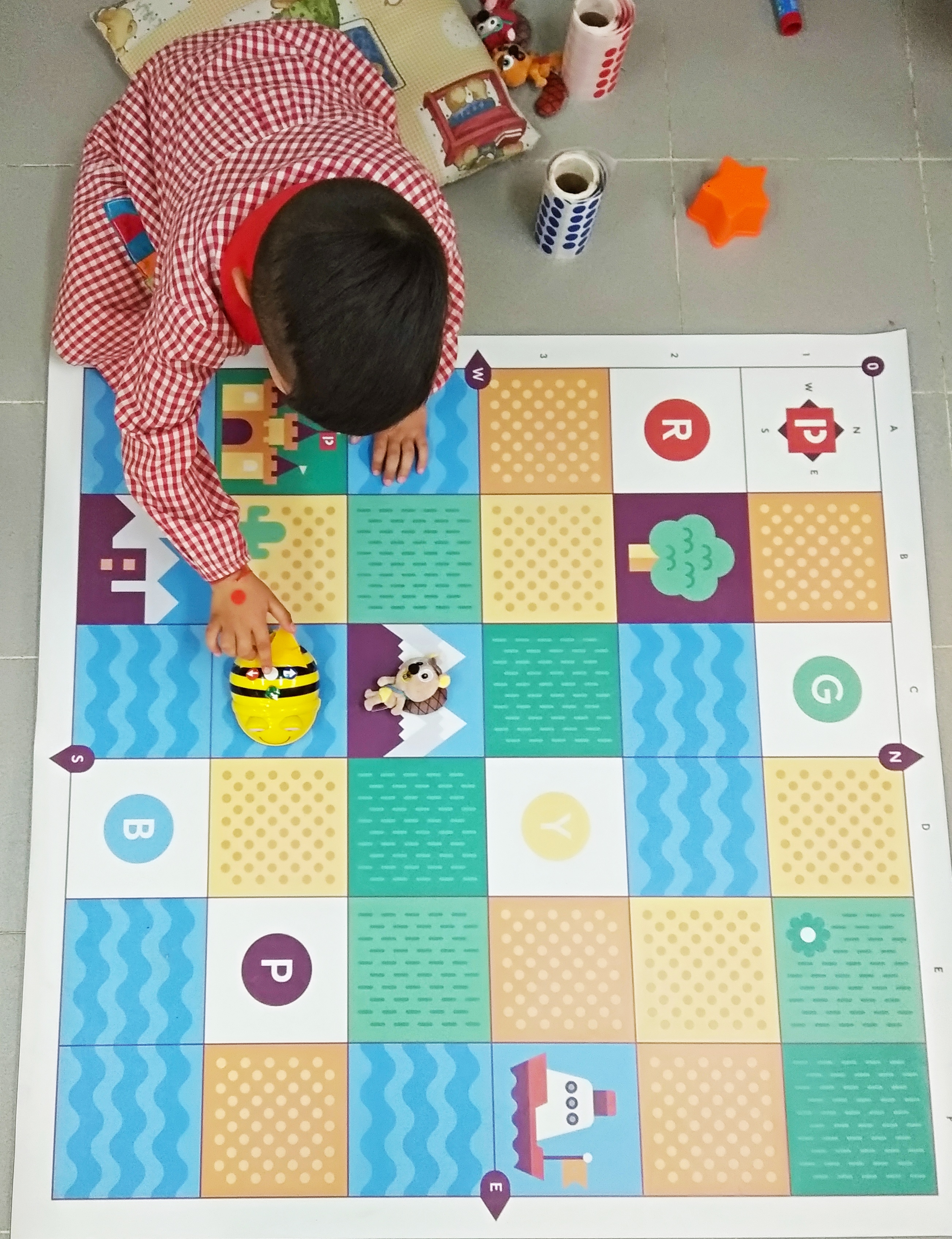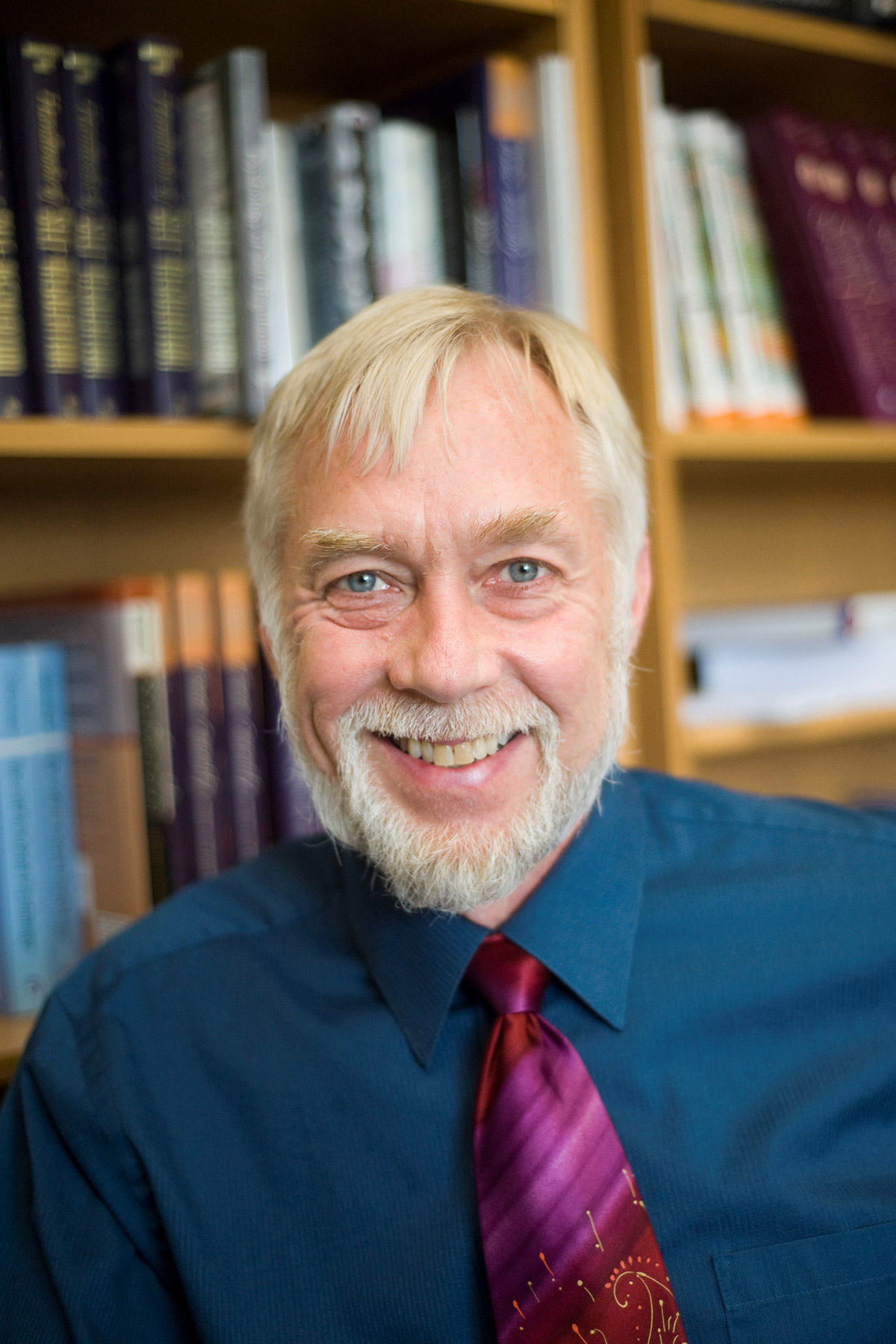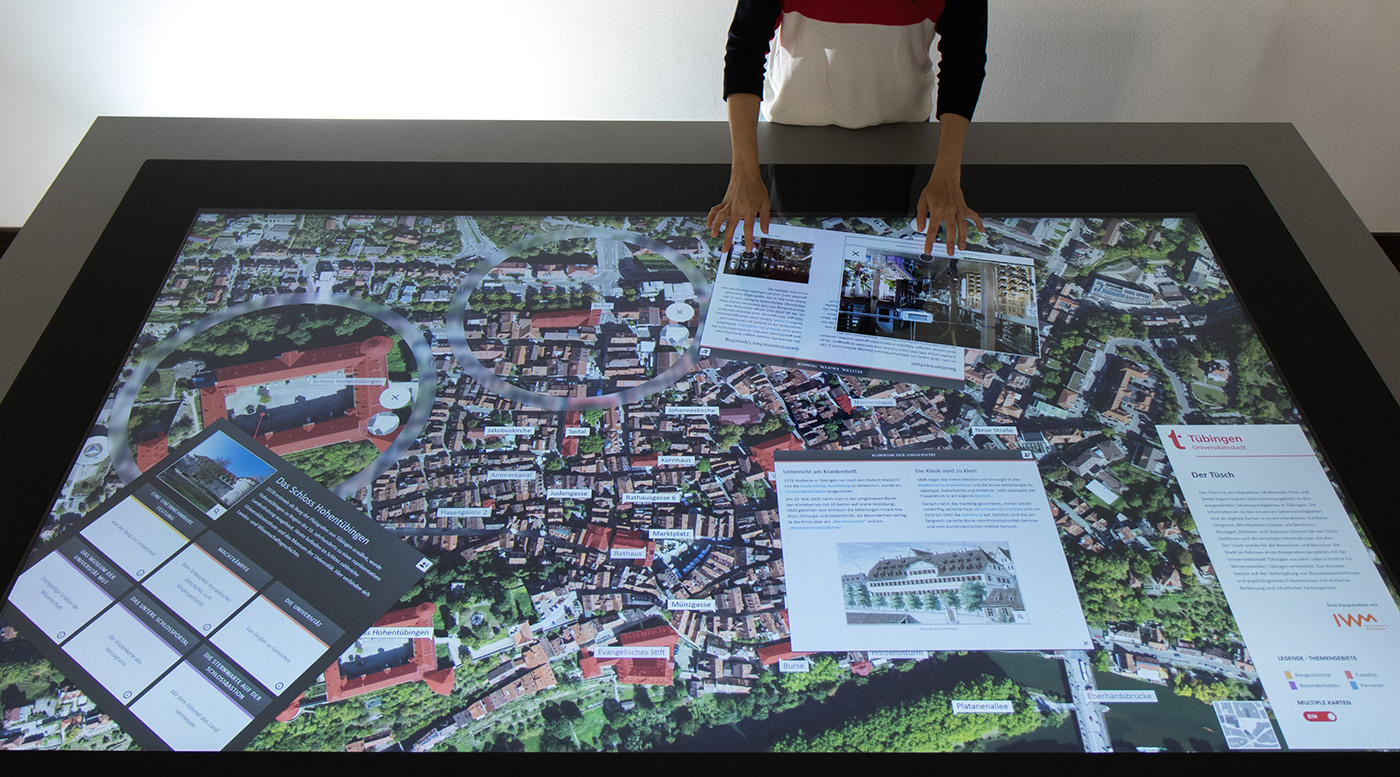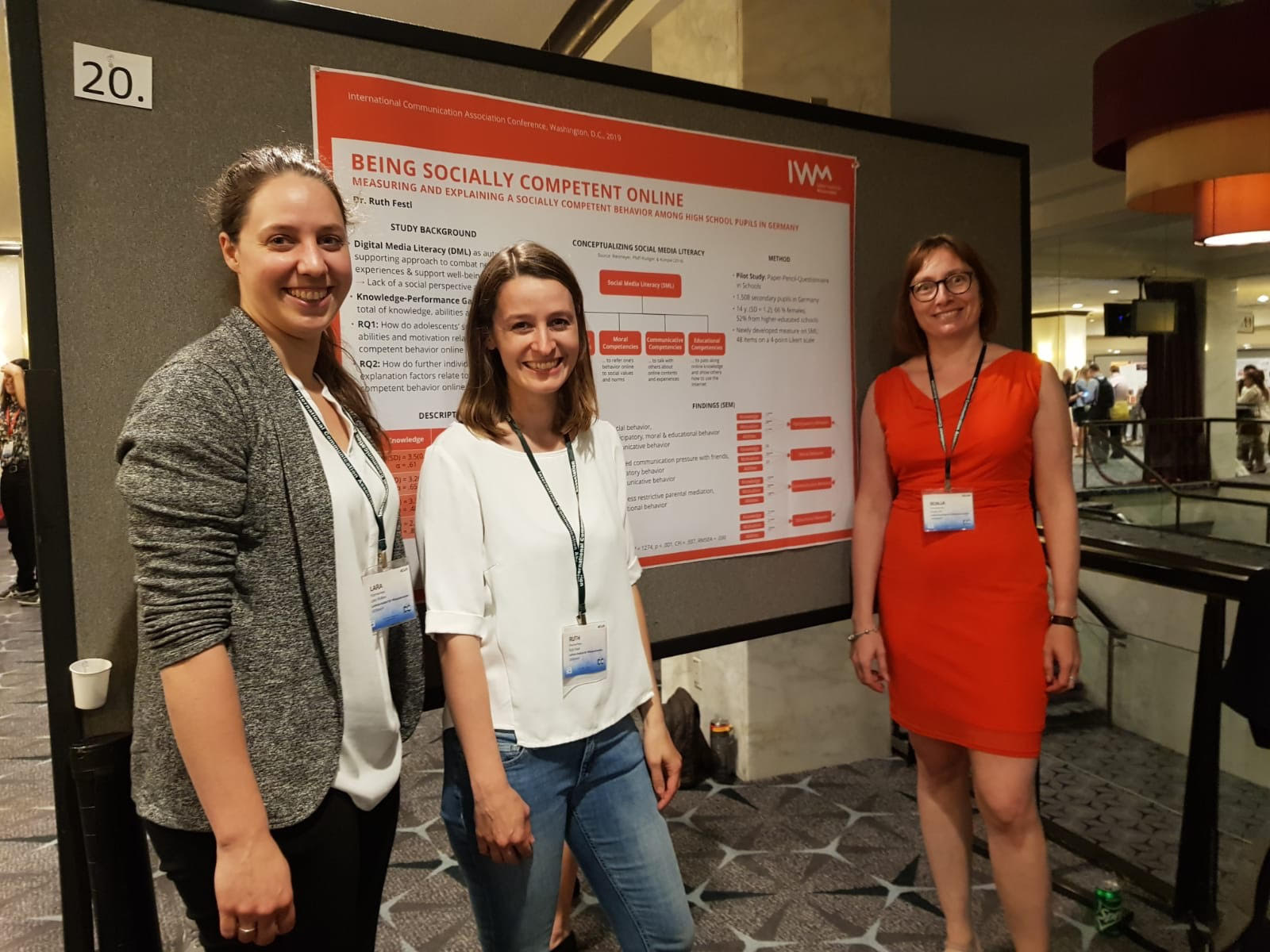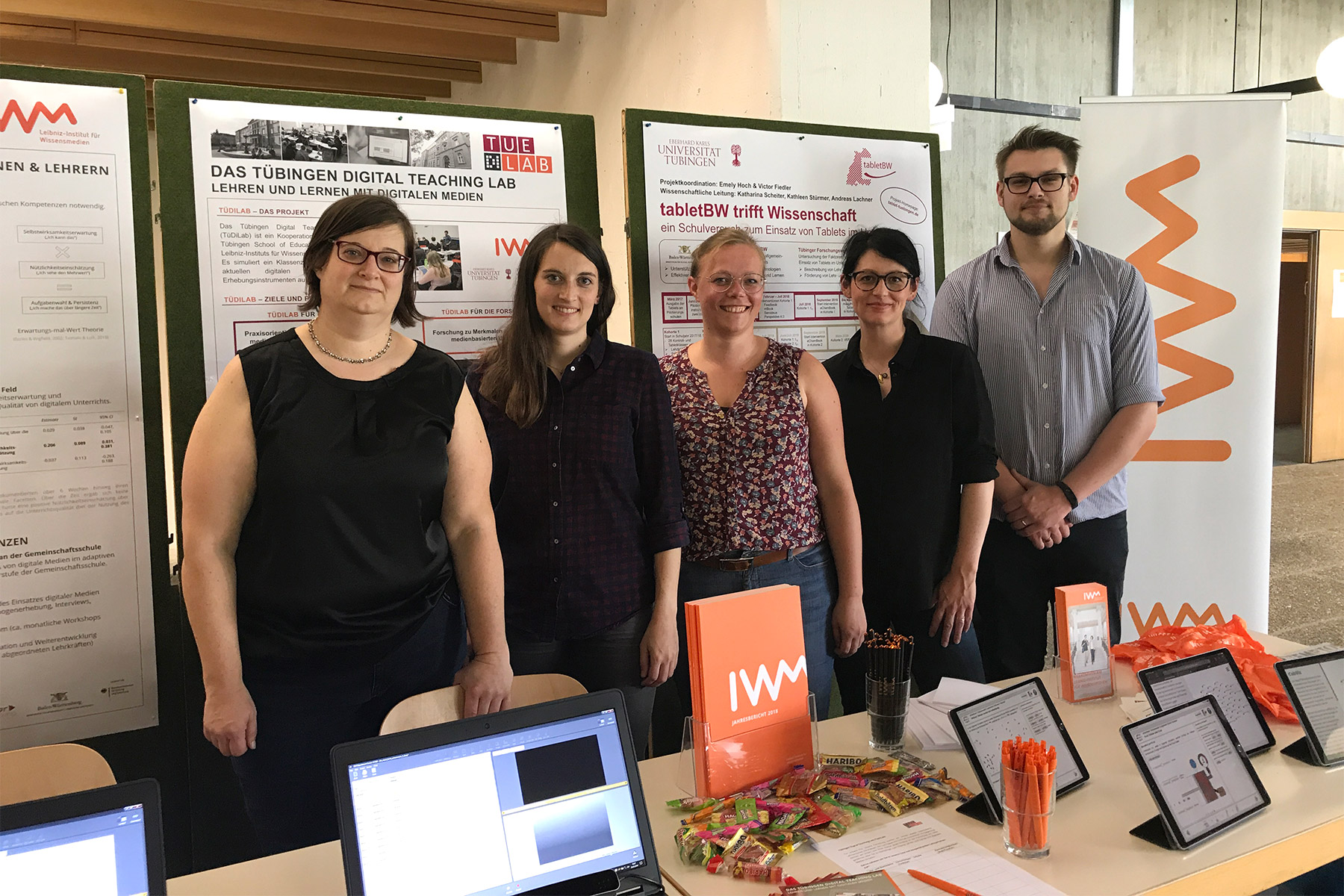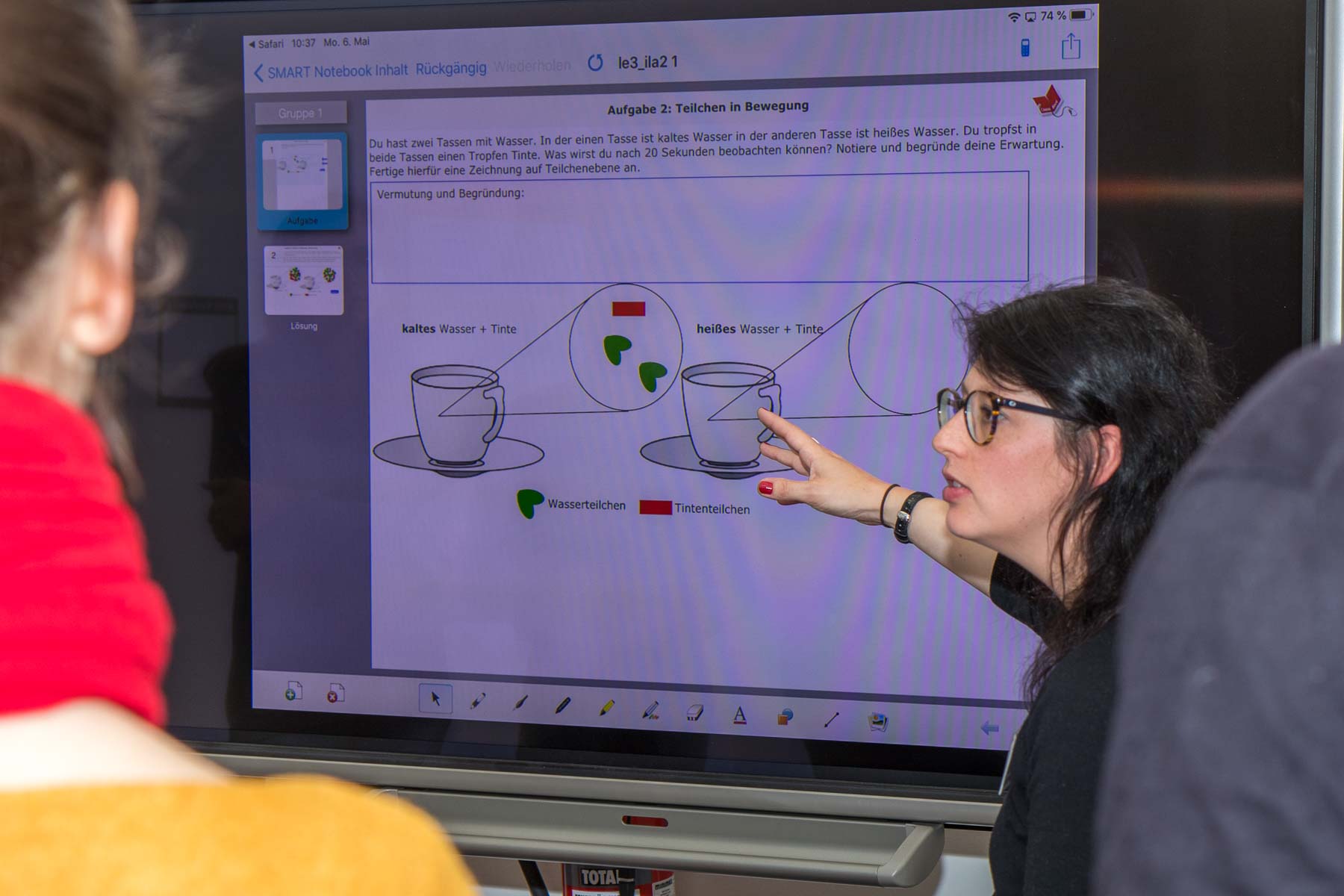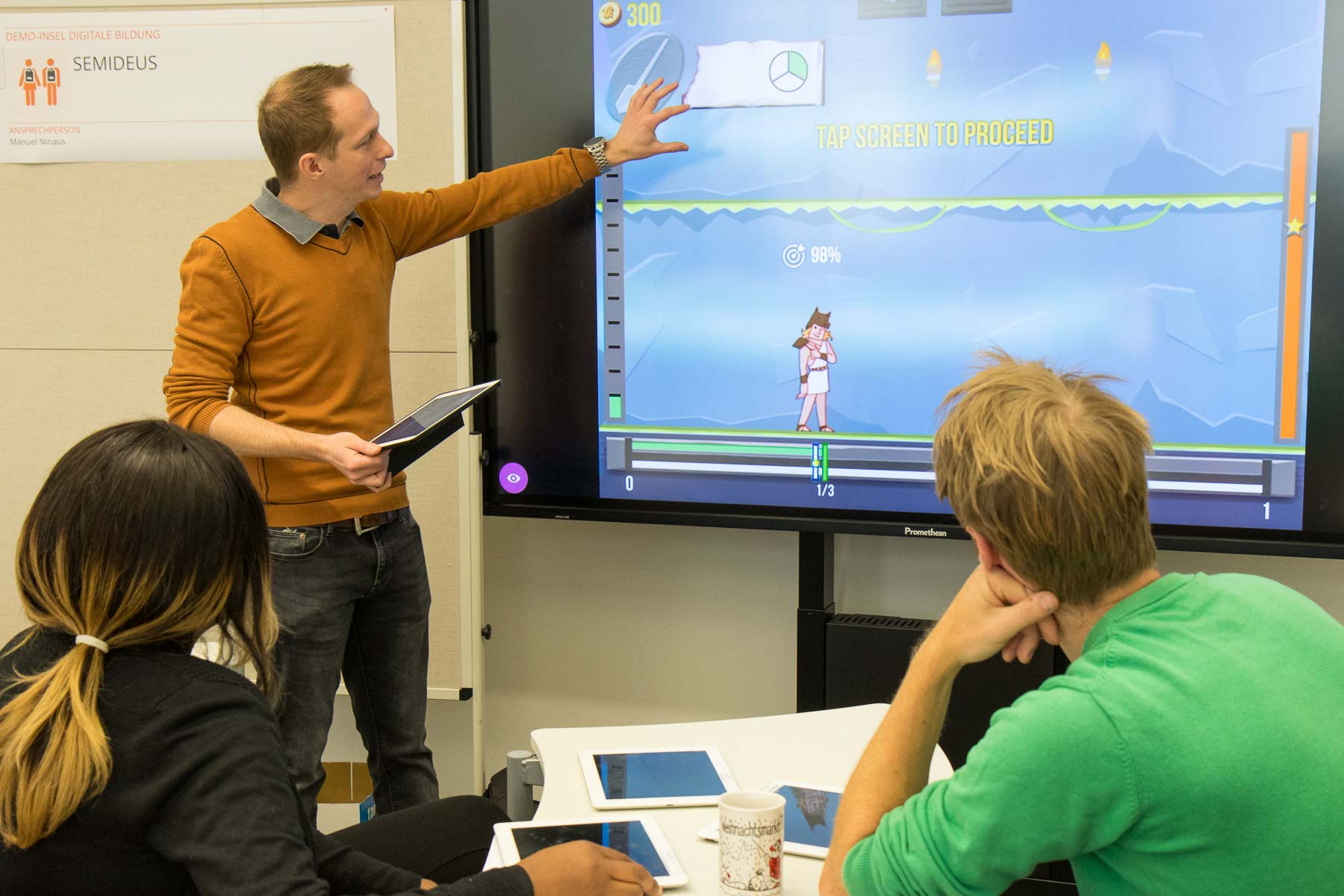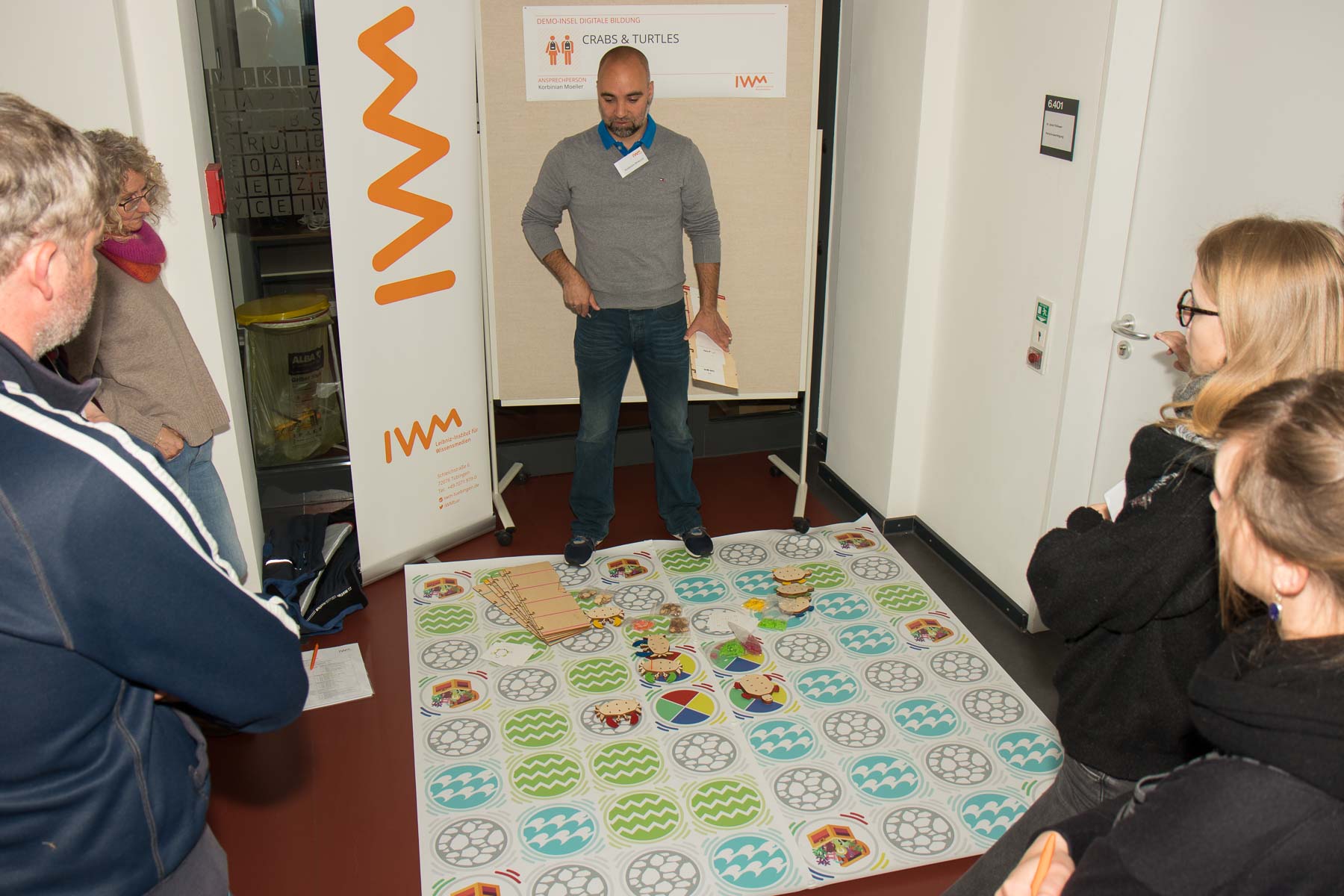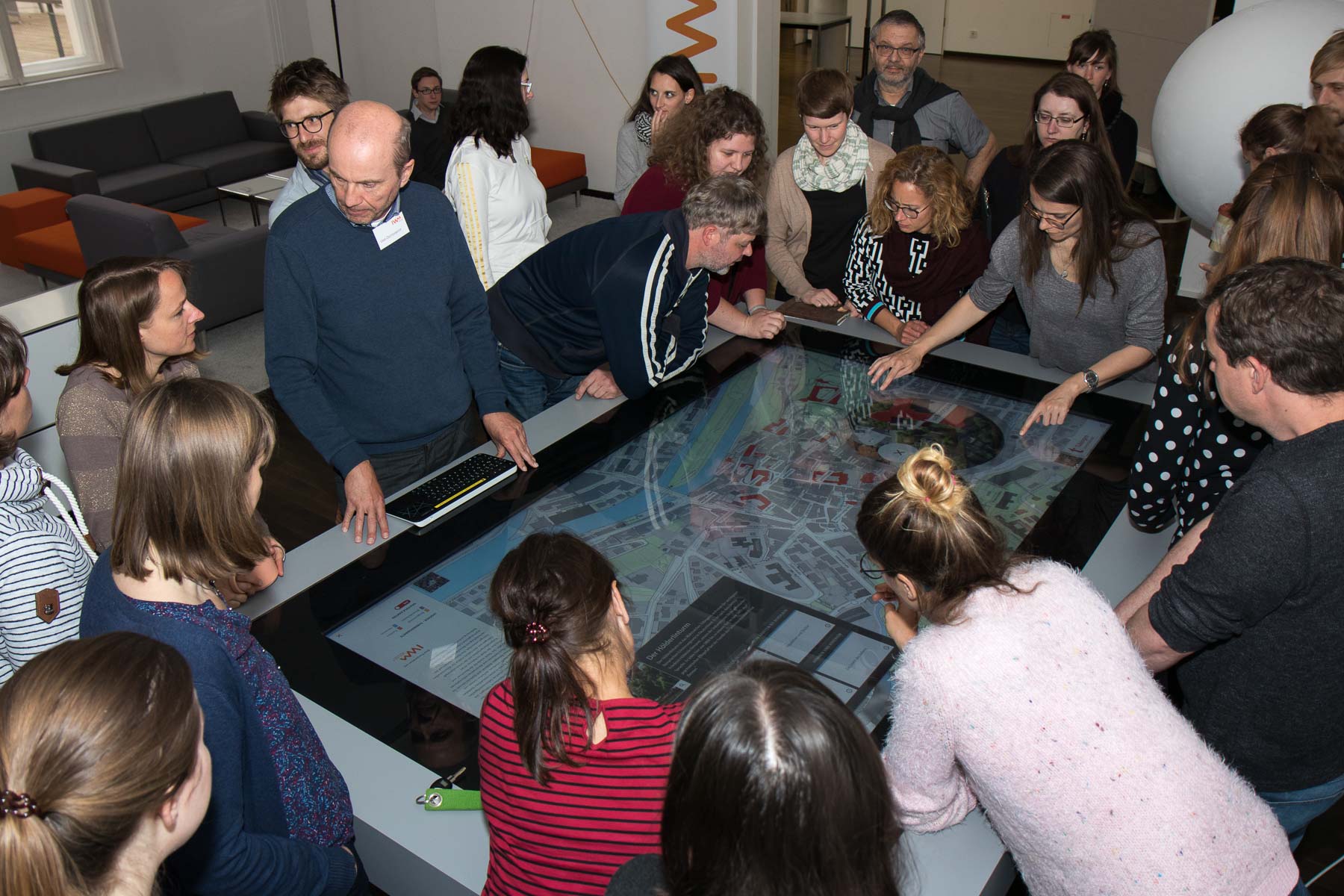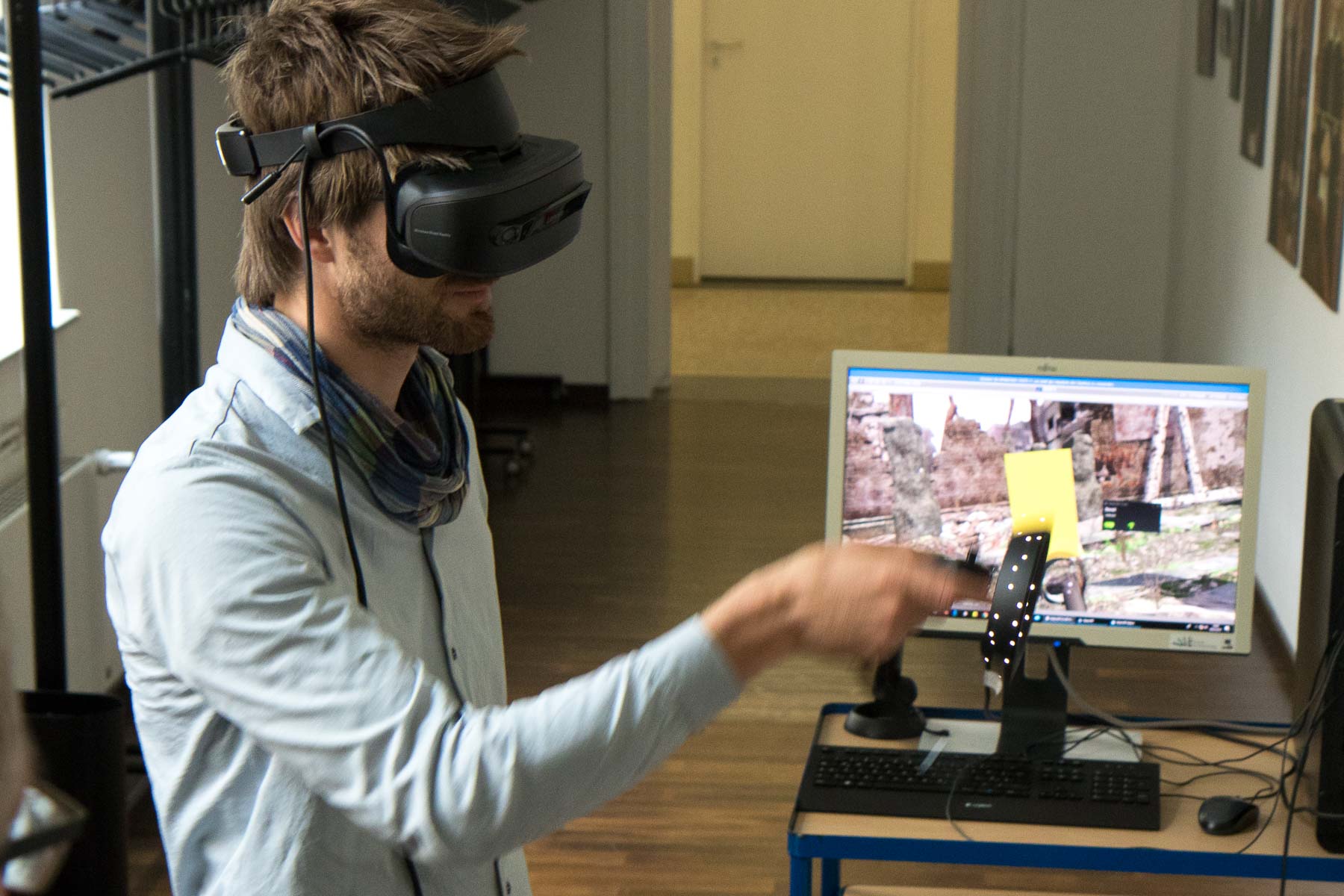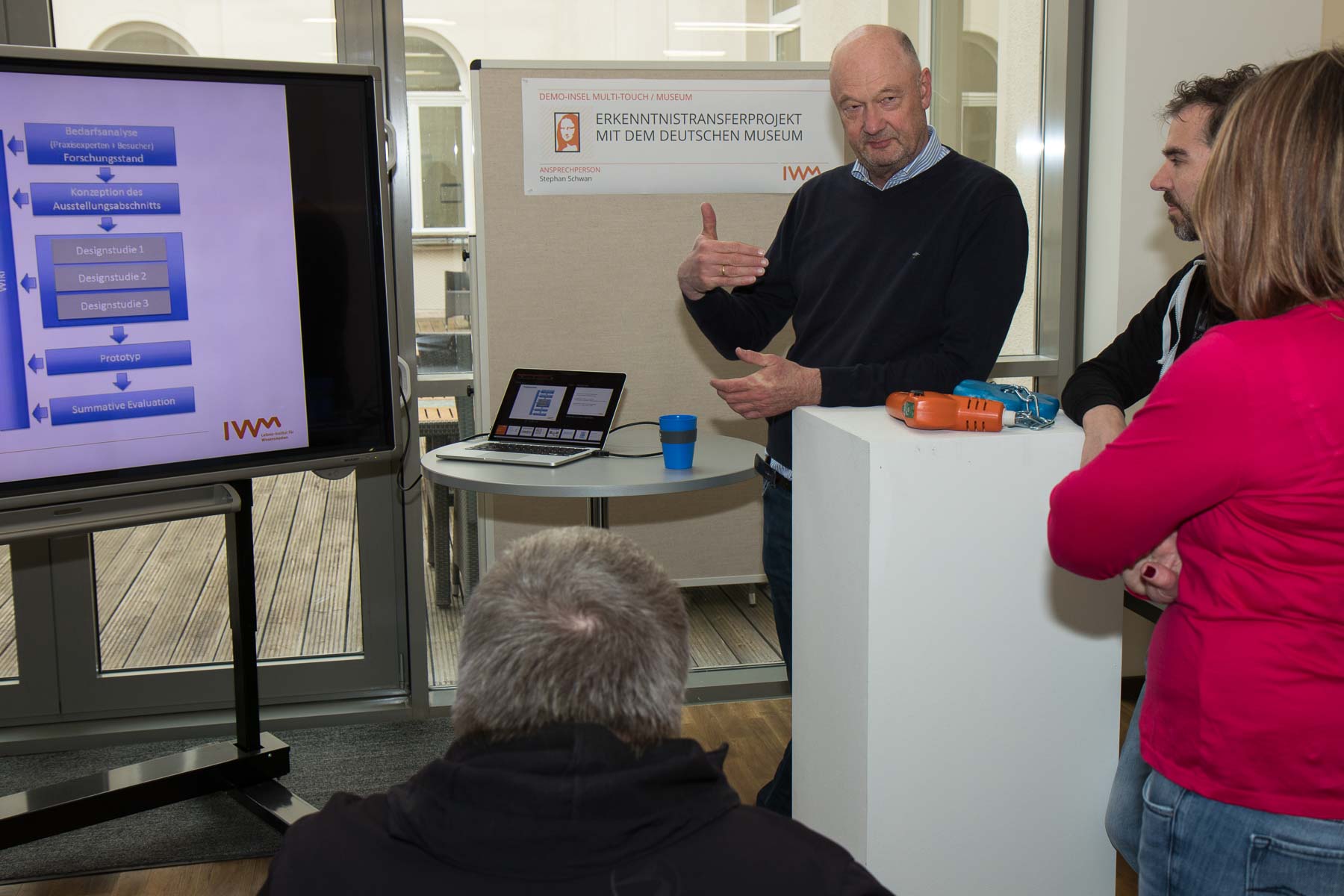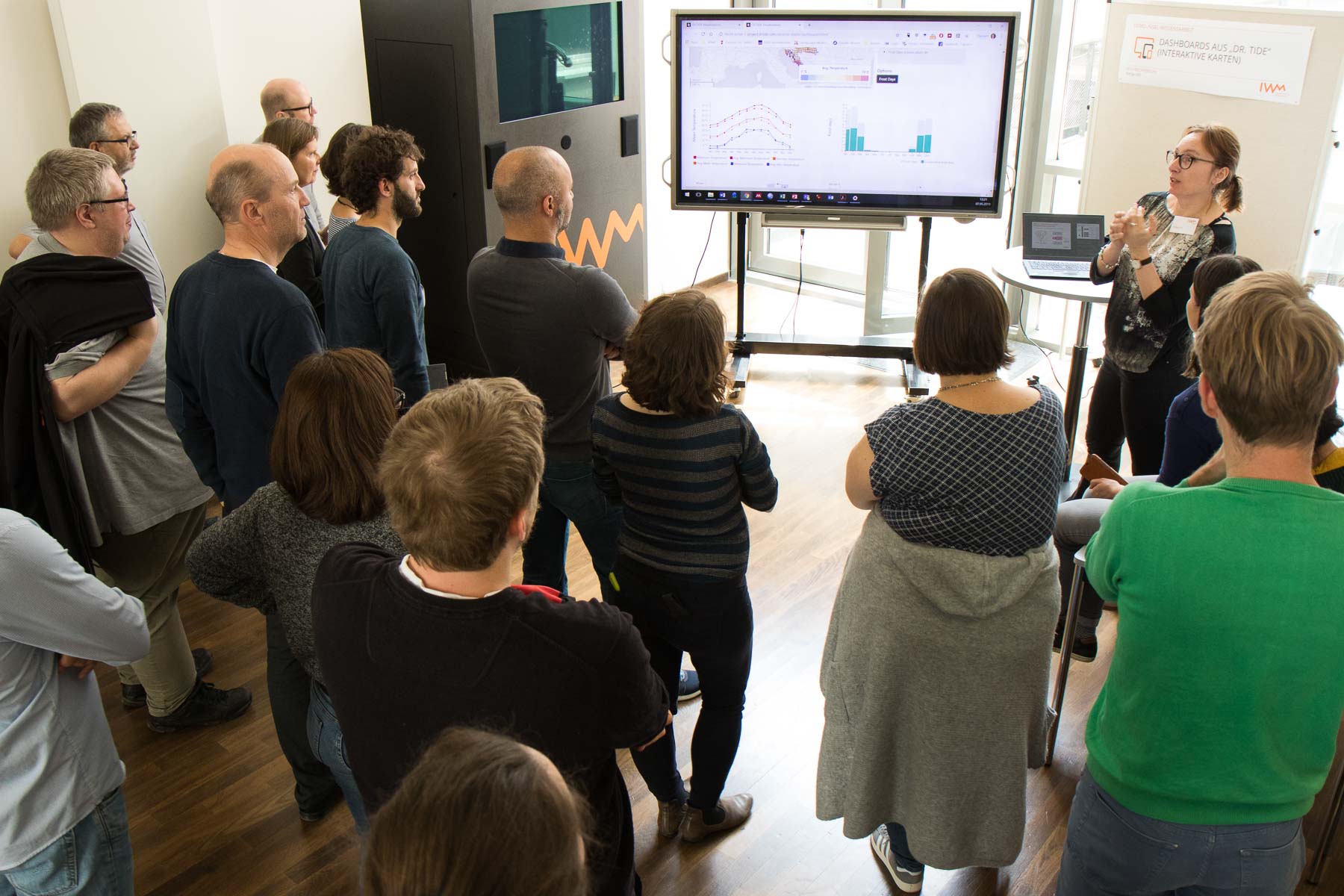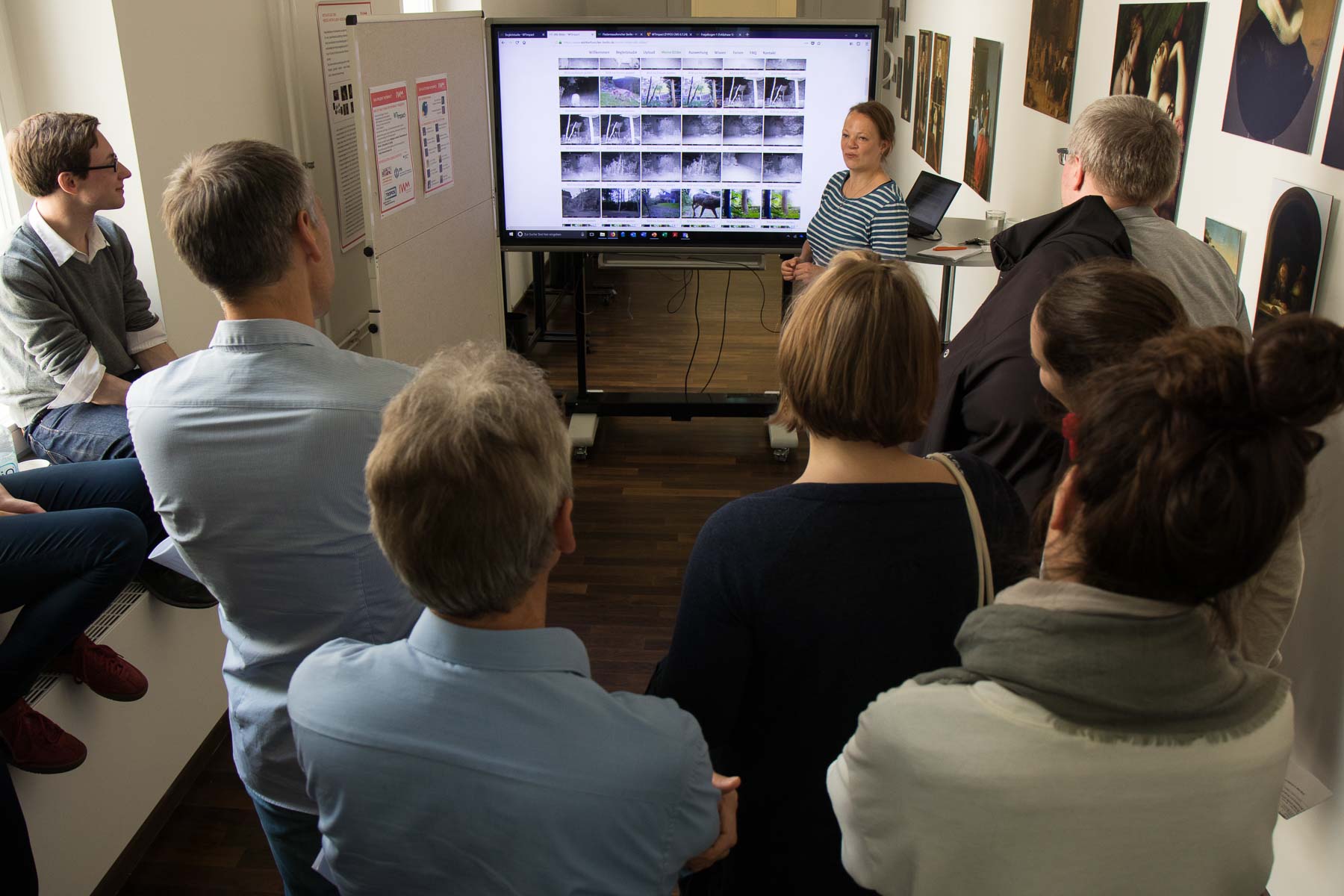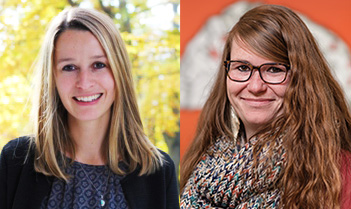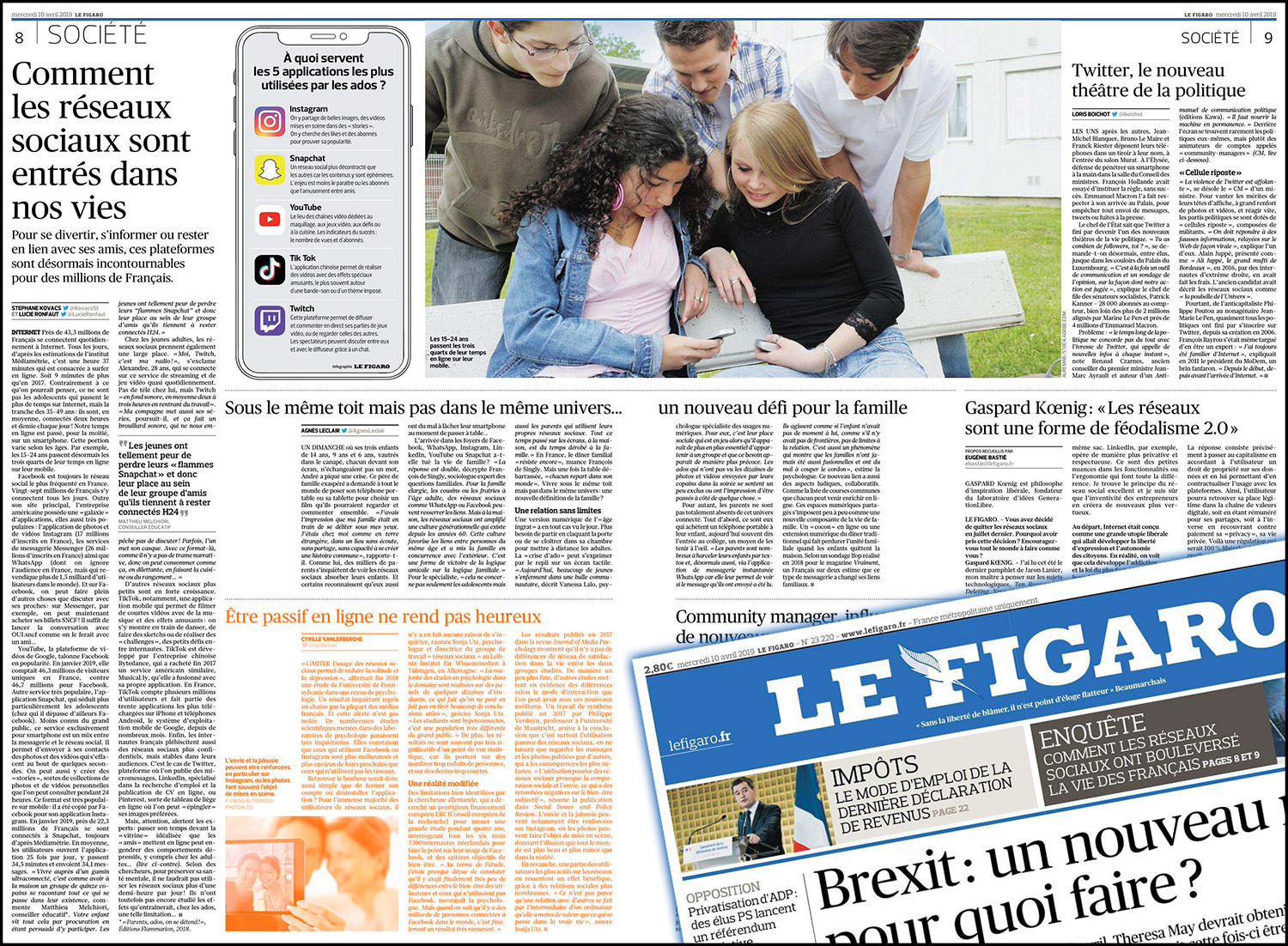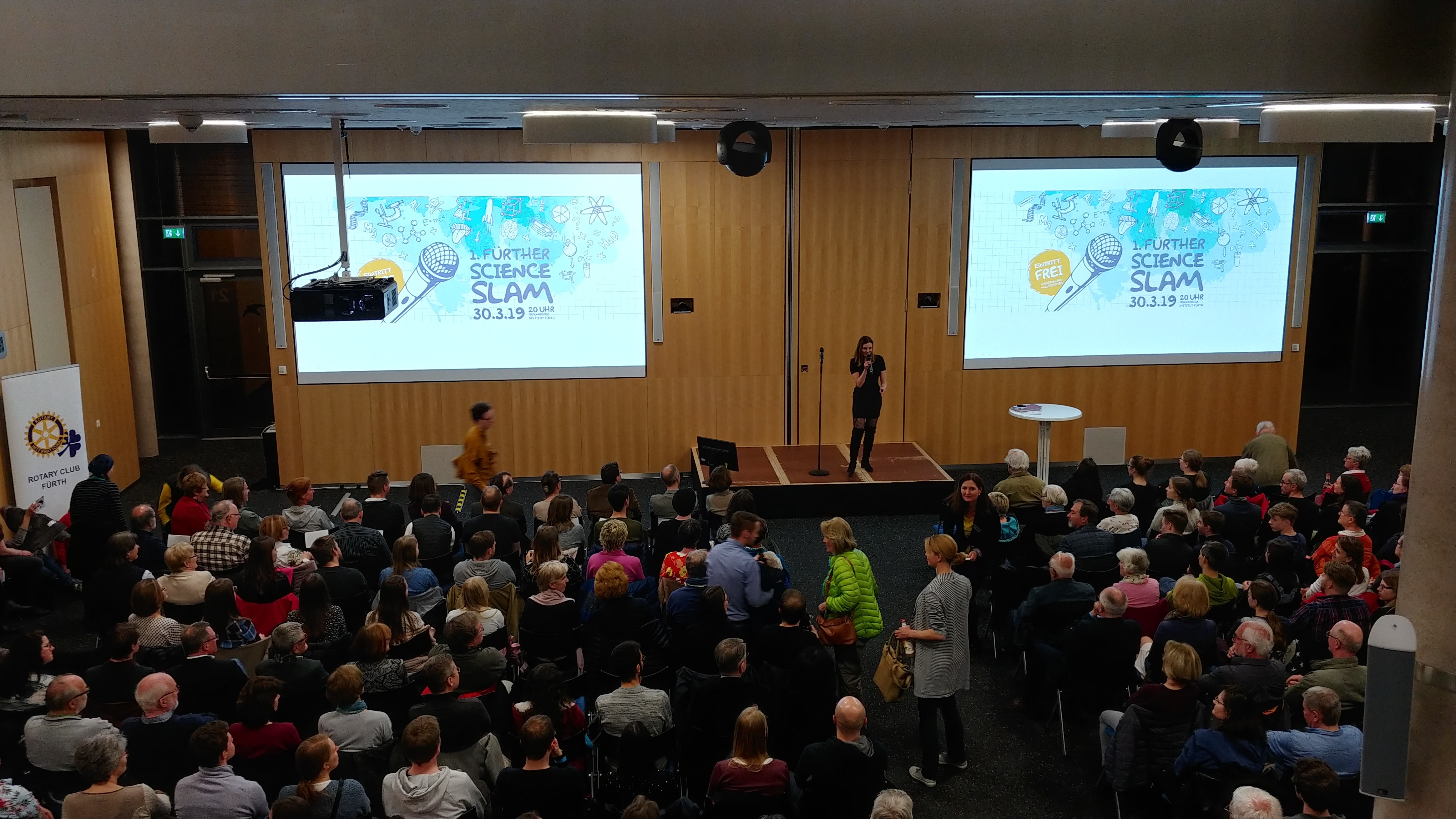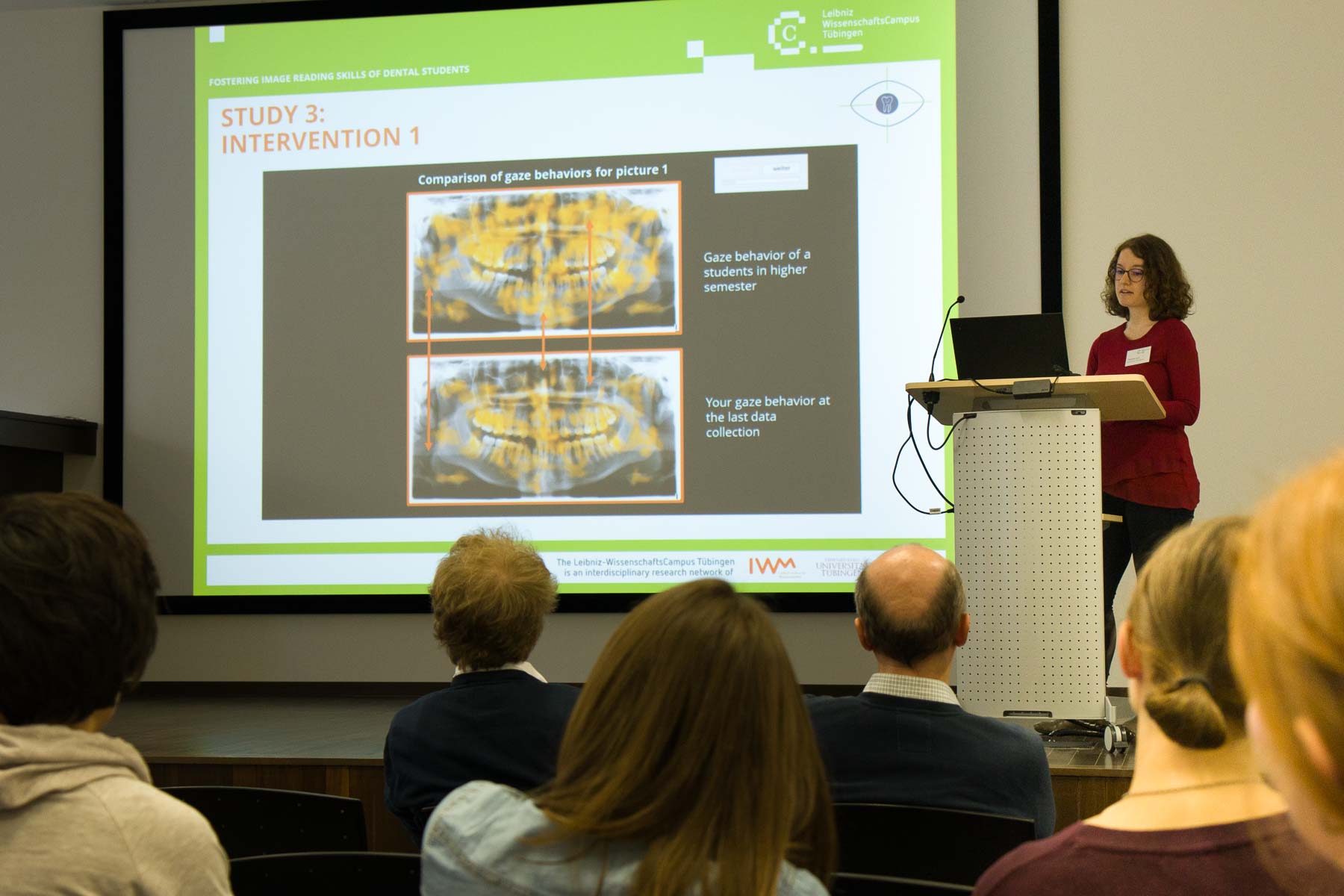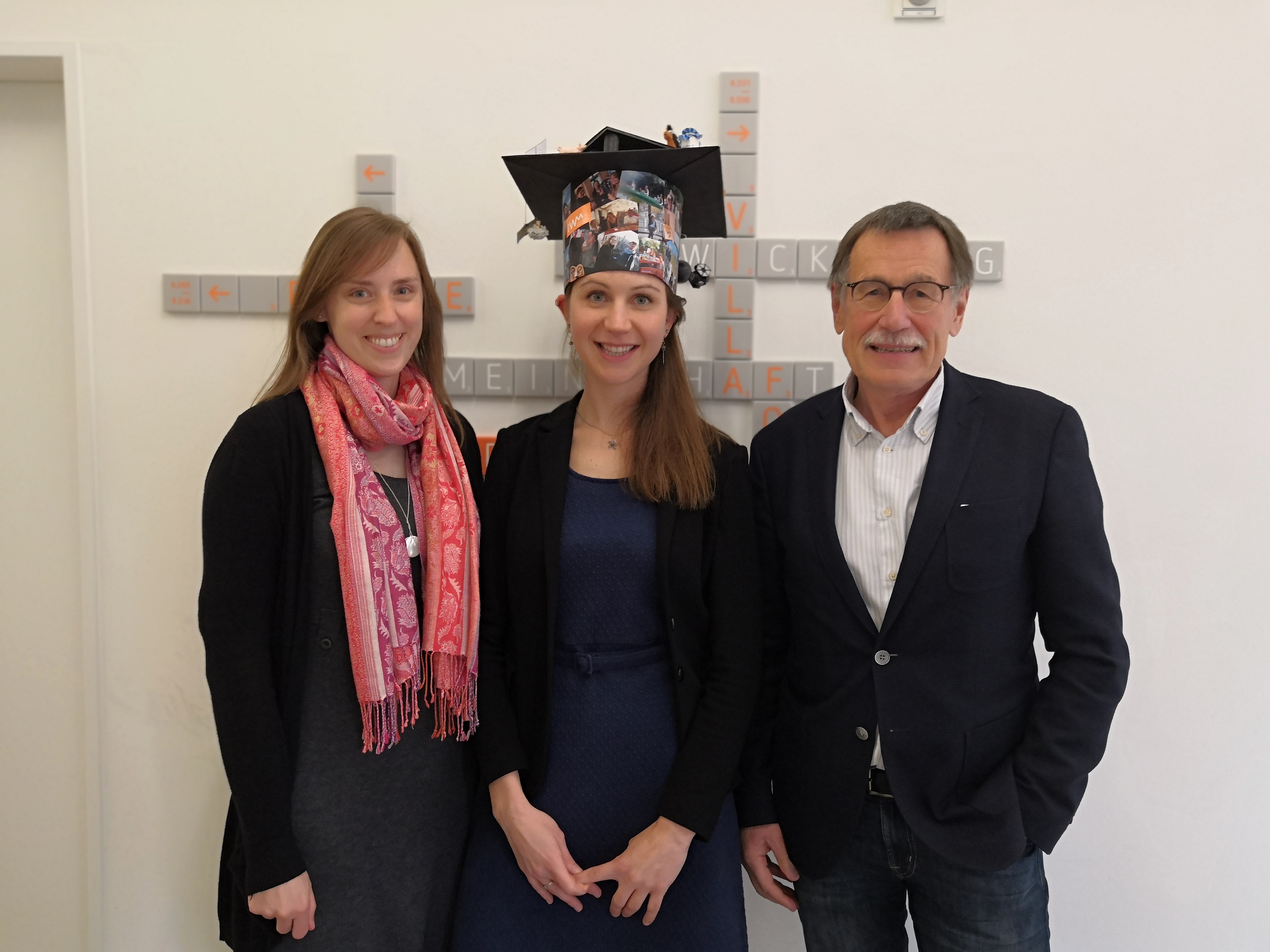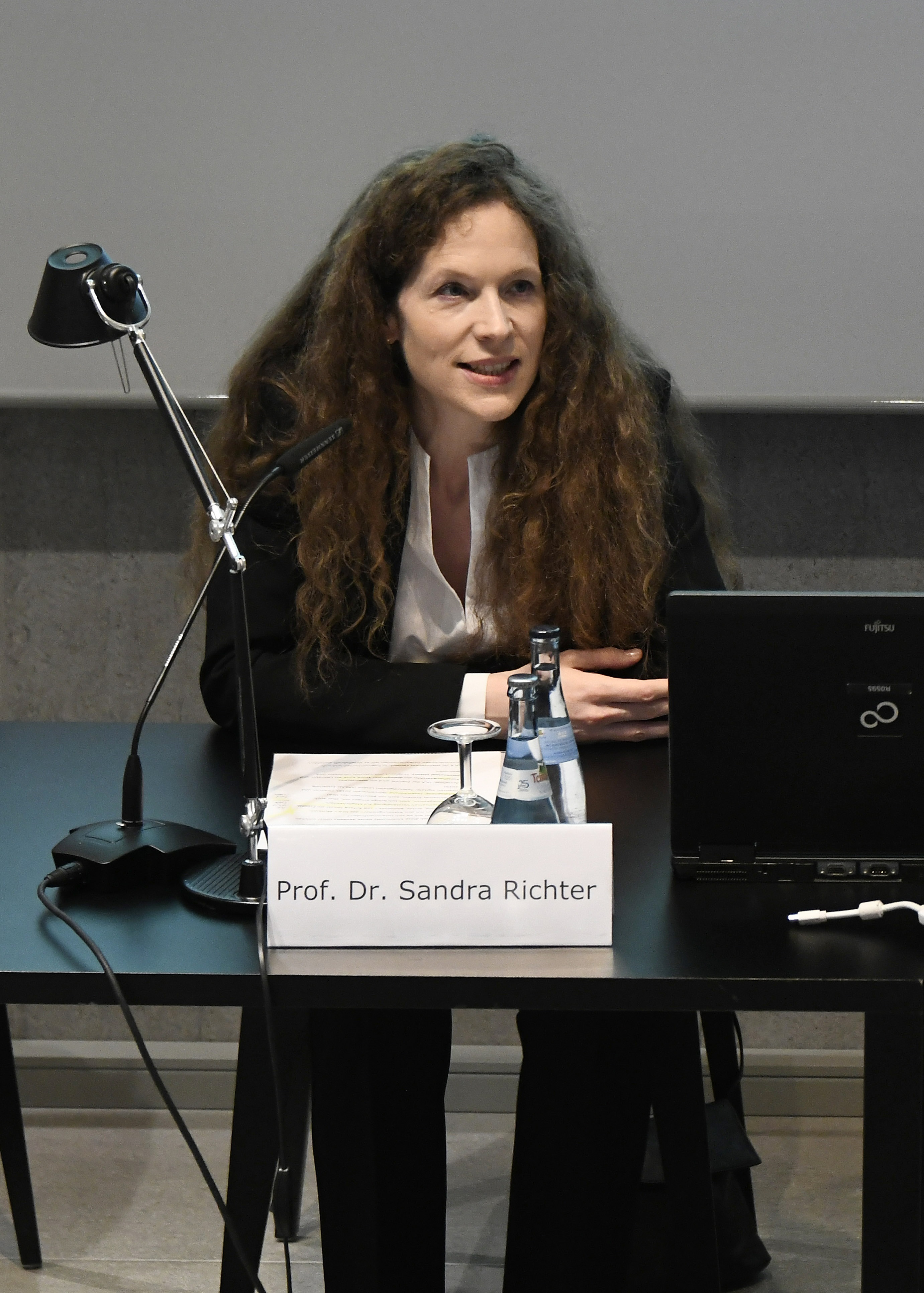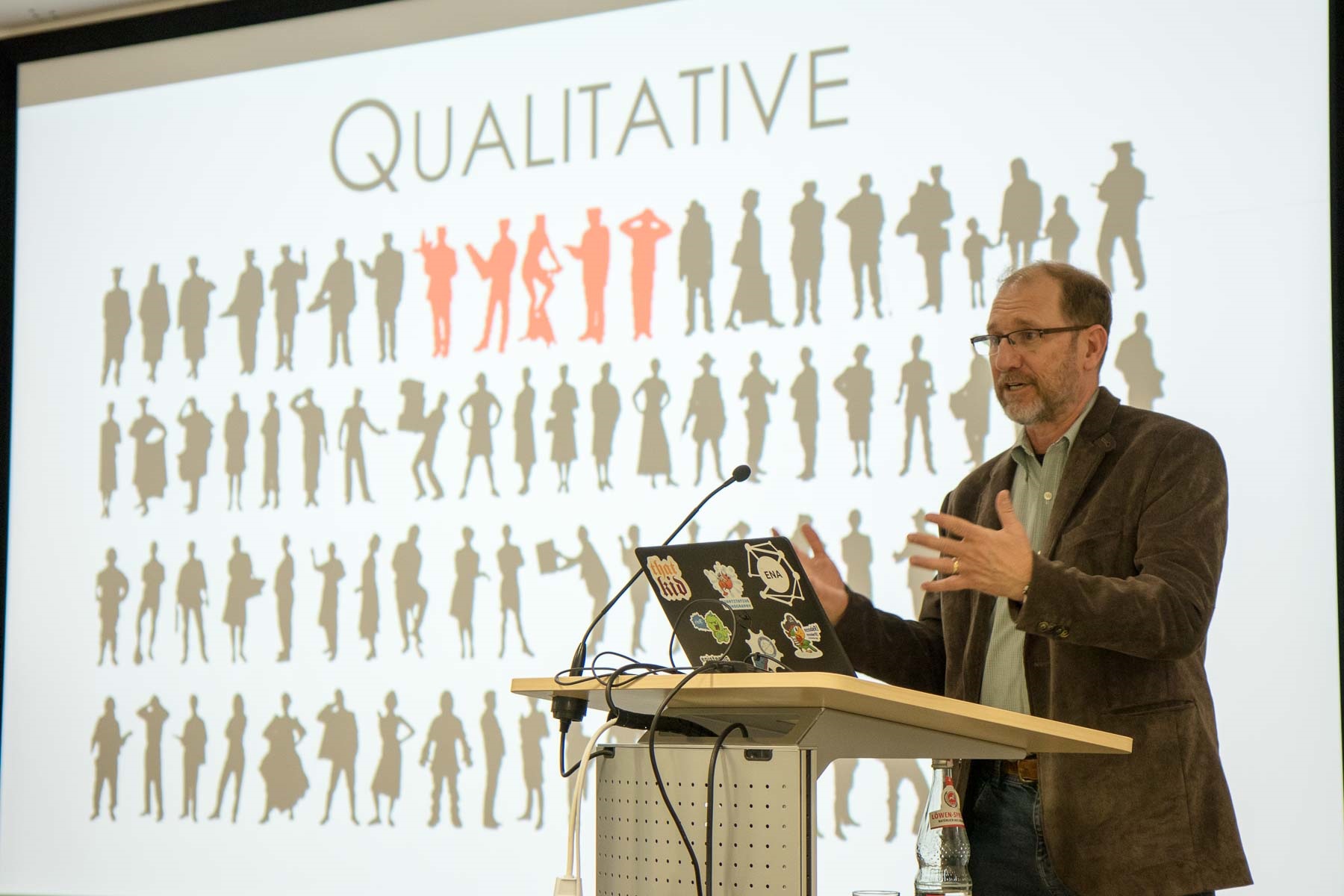On June 6, the IWM welcomed a renowned guest: Roy Baumeister, Professor for Psychology at the University of Queensland in Brisbane, Australia, is one of the most influential and frequently cited social psychologists of our time. His forty years of research cover a wide range of topics of the human life, including self-confidence, free will and the sense of belonging.
At the IWM, the US native gave a comprehensive lecture on his research on the far-reaching effects of social exclusion. In numerous laboratory experiments and field studies, Baumeister and his colleagues had investigated how social rejection affects people's behaviour and emotions. "No more Mr. Nice Guy," Baumeister summed up the results concisely. People who experienced social rejection in the experiment behaved more aggressively, had less self-regulation and showed more anti-social behaviour than people who received encouragement or did not have any negative social experiences - even though they would like to be connected again. This is because rejected people want to avoid further refusal. "Although social exclusion had a strong effect on behaviour, rejected persons did not show any emotional reactions," Baumeister surprised the audience. Rather, they seemed to be emotionally indifferent to their fellow human beings and felt less empathy and even less physical pain. The social psychologist explained this with an emotional shut-down: "Social rejection leads to a numbness of emotions and of sensitivity to pain similar to the experience of shock reactions, which in turn affects the loss of pro-social behaviour.”
For Dr. Lara Ditrich from the Social Processes Lab, the lecture was also inspiring with regard to her own work at the IWM: "The lecture impressively showed that we humans are social living beings and what consequences it can have if we are rejected by others. It was particularly exciting for me that numerous topics such as self-control, self-regulation, emotions and empathy were addressed, which we also investigate in our own research here at the IWM".


